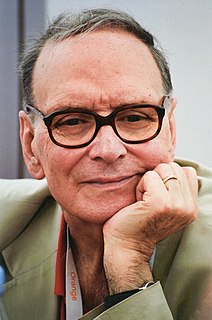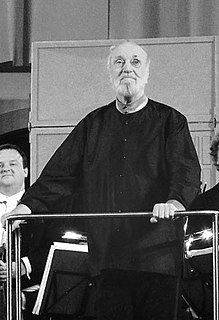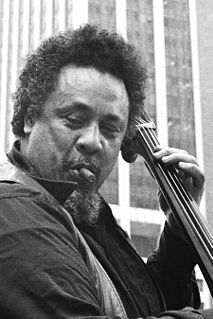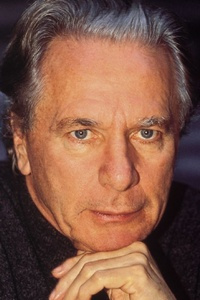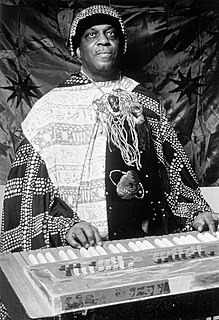A Quote by Ennio Morricone
Bernard Herrmann used to write all his scores by himself. So did Bach, Beethoven and Stravinsky. I don't understand why this happens in the movie industry.
Related Quotes
My interest in music tends toward being orchestral music. And the repertoire of music that exists is, to me, far more emotive than what is standardly used in movie scores. That isn't always. I think there've been some excellent movie scores by excellent directors. But for the most part, watching a film, one of today's movies, I think that the emotional undertone of movie scores is pretty poor.
People are interested in certain ideas, in certain periods, and then that moves, and okay, now people are more interested in studying this, and there is no perfect balance, and how would you know what the perfect balance is? I mean, what does it mean to have too many Beethoven chairs and too few Stravinsky chairs? I mean, that's kind of a value judgment that isn't really based on humility. We don't know what the optimum number is, so let people figure this out on their own. People are more interested in Beethoven than Stravinsky? Great! Why would that bother me?
The composer Stravinsky had written a new piece with a difficult violin passage. After it had been in rehearsal for several weeks, the solo violinist came to Stravinsky and said he was sorry, he had tried his best, the passage was too difficult, no violinist could play it. Stravinsky said, 'I understand that. What I am after is the sound of someone trying to play it.'
